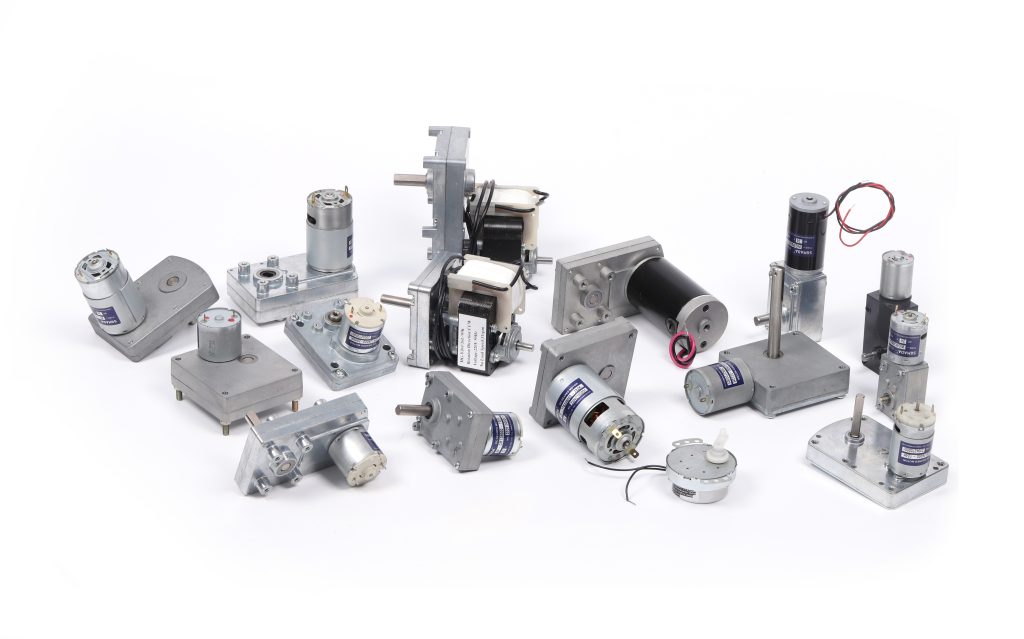Mobile:+86-311-808-126-83
Email:info@ydcastings.com
as impeller
The Importance of AS Impellers in Fluid Dynamics
In the realm of fluid dynamics, impellers serve as crucial components in a variety of applications, including pumps, compressors, and turbines. One type of impeller that has garnered attention for its efficiency and innovative design is the AS Impeller. This article delves into the features, benefits, and applications of AS impellers, highlighting their significance in modern engineering.
What is an AS Impeller?
The AS impeller, often characterized by its unique aerodynamic design and advanced material composition, is specifically engineered to optimize fluid flow. The term AS often denotes aerodynamic shape, which emphasizes the impeller's purpose of enhancing performance through improved fluid dynamics. These impellers are typically used in applications where fluid velocity, pressure generation, and flow stability are essential.
Key Features of AS Impellers
1. Aerodynamic Design The AS impeller boasts an aerodynamic profile that reduces drag and turbulence, allowing for smooth fluid flow. This design minimizes energy loss and enhances the overall efficiency of the system.
2. Material Composition AS impellers are often constructed from advanced materials that offer superior durability and resistance to corrosion. This is particularly important in applications involving aggressive fluids or extreme operating conditions.
3. Versatility These impellers can be designed for various sizes and shapes to meet specific application requirements, making them suitable for diverse industries, from water treatment to chemical processing.
4. Enhanced Performance With their optimized design, AS impellers can achieve higher flow rates and better pressure differentials compared to traditional impellers, making them a preferred choice in high-performance settings.
Benefits of Using AS Impellers
The implementation of AS impellers in fluid systems yields numerous advantages.
- Energy Efficiency Due to their aerodynamic design, AS impellers require less energy to operate efficiently, resulting in reduced operational costs and lower carbon footprints.
as impeller

- Improved Flow Characteristics The smooth flow provided by AS impellers minimizes pulsation and vibration, which can significantly enhance the longevity of the entire system.
- Reduction in Maintenance Costs The durable materials used in AS impellers lead to longer service intervals and reduced maintenance needs, making them a cost-effective solution in the long run.
- Adaptability AS impellers can be customized to fit the specific requirements of various applications. This adaptability ensures optimal performance regardless of the operational environment.
Applications
AS impellers are utilized in a multitude of applications across several industries
- Water Treatment In wastewater treatment facilities, AS impellers help in efficiently moving large volumes of water, ensuring effective treatment processes.
- Chemical Processing The chemical industry benefits from the robust nature of AS impellers, which can handle corrosive fluids without compromising performance.
- Power Generation In turbines, AS impellers contribute to the efficient conversion of fluid energy into mechanical energy, which is critical for power generation.
- HVAC Systems In heating, ventilation, and air conditioning systems, AS impellers are essential for maintaining airflow and optimizing system performance.
Conclusion
As industries strive for greater efficiency and sustainability, the role of advanced components like AS impellers becomes increasingly vital. Their aerodynamic design, durability, and versatility make them indispensable in modern engineering applications. By integrating AS impellers into fluid systems, engineers can significantly enhance performance while reducing energy consumption and maintenance costs. As we look toward the future of engineering, innovations such as the AS impeller will undoubtedly continue to play a crucial role in driving efficiency and effectiveness across diverse sectors.
-
Impeller Technology That Powers Precision in Pump SystemsNewsMay.22,2025
-
Valve Durability Begins with Quality Cast Iron ComponentsNewsMay.22,2025
-
Performance Cooling with Advanced Automobile Water Pump SolutionsNewsMay.22,2025
-
How Motor Housing and Oil Pans Shape Engine PerformanceNewsMay.22,2025
-
How Metal Castings Drive Modern Manufacturing EfficiencyNewsMay.22,2025
-
Exploring the Engineering Behind Valve Body CastingsNewsMay.22,2025











